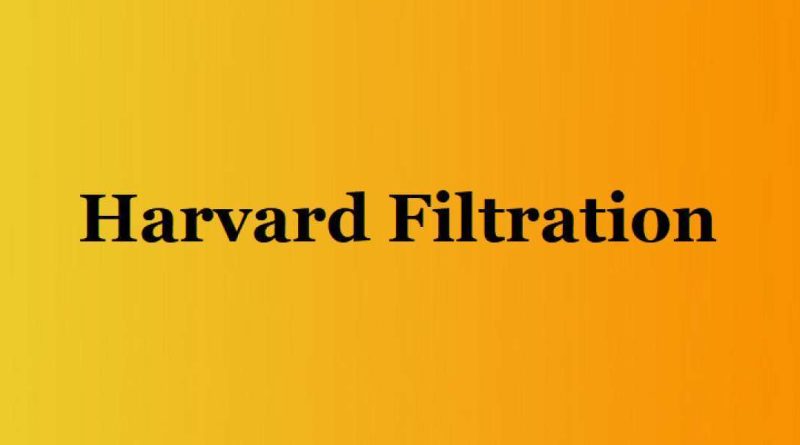Maximizing System Efficiency with Hydraulic Replacement Filters
Hydraulic systems are integral to the smooth operation of countless industries, from manufacturing to construction. However, the efficiency and longevity of these systems depend heavily on the quality of their components, particularly the Hydraulic Replacement Filter. This small but vital part plays a significant role in maintaining the purity of hydraulic fluids, thereby ensuring that the system functions optimally.
Why the Hydraulic Replacement Filter Is Crucial
The Hydraulic Replacement Filter is designed to remove contaminants such as dirt, debris, and metal particles from the hydraulic fluid. Without proper filtration, these contaminants can cause wear and tear on system components, leading to reduced performance, system inefficiencies, and costly repairs. By regularly replacing the filter, you can protect your equipment and maintain high productivity levels.
Understanding the Replacement Filter Element
At the heart of the hydraulic filter lies the Replacement Filter Element. This component is responsible for capturing contaminants and preventing them from circulating through the system. Over time, the Filter Element can become clogged with debris, reducing its effectiveness. Therefore, it’s essential to replace the Filter Element according to the manufacturer’s recommendations or when signs of clogging appear.
Choosing the Right Filter Element for Your Needs
Selecting the correct Replacement Filter Element is crucial for ensuring optimal filtration. Here are some factors to consider:
- Micron Rating: The micron rating of the Filter Element determines the size of particles it can capture. A lower micron rating means finer filtration, which is ideal for systems requiring high levels of cleanliness.
- Material Compatibility: Ensure the Replacement Filter Element material is compatible with the hydraulic fluid used in your system. Incompatible materials can lead to chemical reactions, compromising the filtration process.
- Pressure Tolerance: The Filter Element must withstand the system’s operating pressure without deforming or bursting. Always choose a filter designed for your system’s specific pressure requirements.
Signs That It’s Time to Replace Your Hydraulic Filter Element
Keeping an eye on the condition of your Hydraulic Replacement Filter and its Filter Element is key to preventing system failures. Here are some indicators that a replacement is necessary:
- Decreased System Performance: If your hydraulic system is not performing as efficiently as before, a clogged Filter Element could be restricting fluid flow.
- Unusual Noises: A noisy pump may indicate that the hydraulic fluid is not flowing smoothly due to a blocked filter.
- Visual Inspection: Regularly check the filter and fluid for signs of contamination. If the fluid appears cloudy or the filter looks dirty, it’s time for a replacement.
Extending the Life of Your Hydraulic System
Regular maintenance, including timely replacement of the Hydraulic Replacement Filter and Filter Element, is crucial for extending the life of your hydraulic system. By doing so, you not only maintain peak performance but also avoid the high costs associated with system breakdowns and repairs.
Conclusion: The Value of Regular Filter Replacement
Investing in the regular replacement of your Replacement Filter and Replacement Filter Element is a proactive step toward ensuring the longevity and efficiency of your hydraulic system. This small maintenance task can make a significant difference in the overall performance of your machinery, helping you avoid unexpected downtime and costly repairs.




